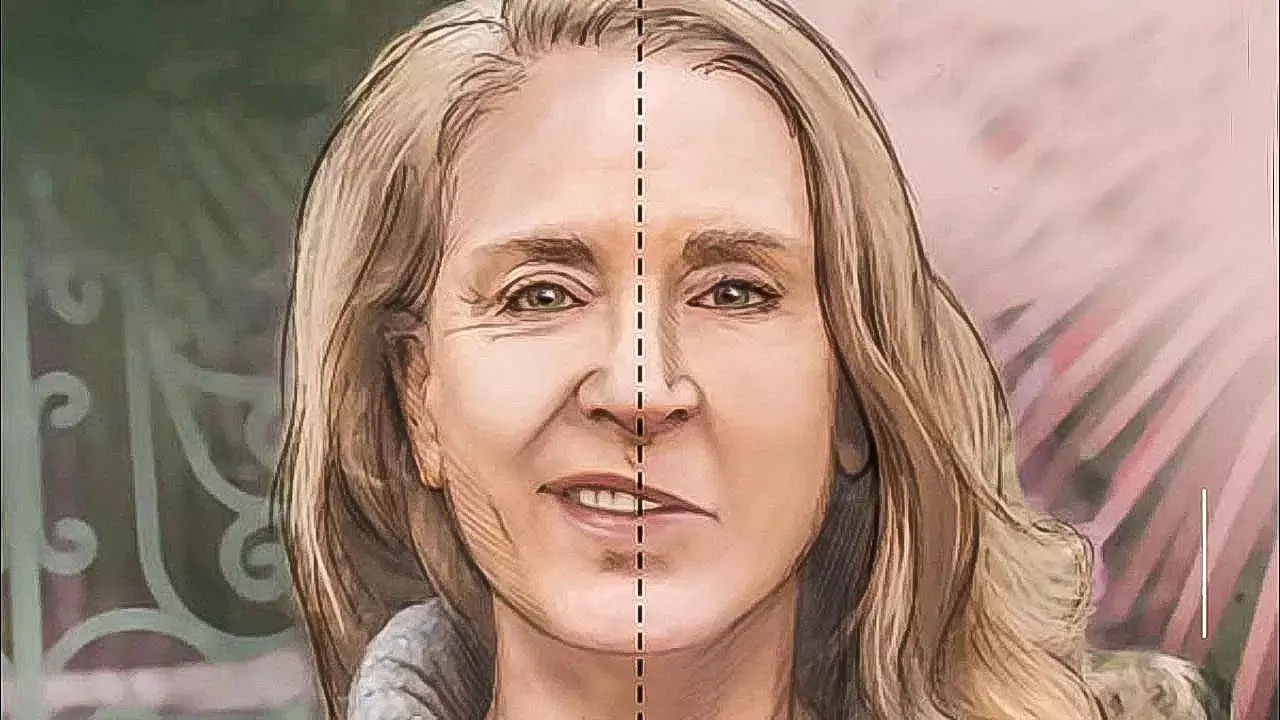- Home
- Medical news & Guidelines
- Anesthesiology
- Cardiology and CTVS
- Critical Care
- Dentistry
- Dermatology
- Diabetes and Endocrinology
- ENT
- Gastroenterology
- Medicine
- Nephrology
- Neurology
- Obstretics-Gynaecology
- Oncology
- Ophthalmology
- Orthopaedics
- Pediatrics-Neonatology
- Psychiatry
- Pulmonology
- Radiology
- Surgery
- Urology
- Laboratory Medicine
- Diet
- Nursing
- Paramedical
- Physiotherapy
- Health news
- Fact Check
- Bone Health Fact Check
- Brain Health Fact Check
- Cancer Related Fact Check
- Child Care Fact Check
- Dental and oral health fact check
- Diabetes and metabolic health fact check
- Diet and Nutrition Fact Check
- Eye and ENT Care Fact Check
- Fitness fact check
- Gut health fact check
- Heart health fact check
- Kidney health fact check
- Medical education fact check
- Men's health fact check
- Respiratory fact check
- Skin and hair care fact check
- Vaccine and Immunization fact check
- Women's health fact check
- AYUSH
- State News
- Andaman and Nicobar Islands
- Andhra Pradesh
- Arunachal Pradesh
- Assam
- Bihar
- Chandigarh
- Chattisgarh
- Dadra and Nagar Haveli
- Daman and Diu
- Delhi
- Goa
- Gujarat
- Haryana
- Himachal Pradesh
- Jammu & Kashmir
- Jharkhand
- Karnataka
- Kerala
- Ladakh
- Lakshadweep
- Madhya Pradesh
- Maharashtra
- Manipur
- Meghalaya
- Mizoram
- Nagaland
- Odisha
- Puducherry
- Punjab
- Rajasthan
- Sikkim
- Tamil Nadu
- Telangana
- Tripura
- Uttar Pradesh
- Uttrakhand
- West Bengal
- Medical Education
- Industry
Evidence to decide the best treatment approach for Bell's Palsy still Lacking

Bell's palsy, a condition that affects the 7th cranial nerve, is the most common form of facial paralysis, accounting for 60 to 75% of cases. Isabella Menchetti and the team conducted a review study and addressed too little evidence to decide whether an operation would be helpful or harmful for people with early Bell's palsy. The review article was published in the journal Cochrane on January 26, 2021.
The research team searched the Cochrane Neuromuscular Specialised Register, CENTRAL, MEDLINE, Embase, ClinicalTrials.gov and WHO ICTRP for the randomized controlled trials (RCTs) or quasi-RCTs involving any surgical intervention for Bell's palsy. They evaluated trials that compared surgical interventions to no treatment, later treatment (beyond three months), sham treatment, other surgical treatments or medical treatment to assess the effects of surgery in the early management of Bell's palsy. They found 2 studies that involved 65 people with Bell's palsy. The major outcome assessed was complete recovery of facial palsy at 12 months. They also assessed complete recovery at three and six months, synkinesis and contracture at 12 months, psychosocial outcomes at 12 months, and side effects and complications of treatment.
FIRST STUDY: The first study was a randomized control study of 24 participants that compared surgery with no treatment. There were no losses to follow-up. The findings reported have no differences between the surgical and no-treatment groups.
SECOND STUDY:
♦ The second study was a quasi-randomized study of 41 participants who were divided into early surgery, late surgery or non-surgical (no treatment) groups using alternation. This study lost three participants to follow-up, and 17 did not contribute to the assessment of secondary outcomes.
♦ The second study fully reported numerical data but included no statistical comparisons between groups for complete recovery. There was no evidence of a difference for the early surgery versus no treatment comparison (risk ratio (RR) 0.76; 33 participants; very low-certainty evidence) and for the early surgery versus late surgery comparison (RR 0.47; 26 participants; very low-certainty evidence).
♦ This study also reported a statistically significant decrease in lacrimal control in the surgical group within two to three months of denervation. Four had hearing loss and three had tinnitus.
Key findings of the study were:
• The research team wrote that the surgeons in both studies used a retro-auricular/transmastoid approach to decompress the facial nerve.
• They noted that neither study mentioned allocation concealment and neither participants nor outcome assessors were blinded to the interventions in either study which implies that both studies were at high risk of bias.
• They noted that the effects of surgery on facial nerve function at 12 months were very uncertain (2 RCTs, 65 participants; very low-certainty evidence).
• Because of the small numbers and trial design, the research team considered the evidence of the adverse effects as very uncertain (2 RCTs, 65 participants; very low-certainty evidence).
The authors concluded, "There is very low-certainty evidence from RCTs or quasi-RCTs on surgery for the early management of Bell's palsy, and this is insufficient to decide whether surgical intervention is beneficial or harmful".
They further mentioned, "Further research into the role of surgical intervention is unlikely to be performed because spontaneous or medically supported recovery occurs in most cases."
For further information:
Medical Dialogues Bureau consists of a team of passionate medical/scientific writers, led by doctors and healthcare researchers. Our team efforts to bring you updated and timely news about the important happenings of the medical and healthcare sector. Our editorial team can be reached at editorial@medicaldialogues.in.
Dr Kamal Kant Kohli-MBBS, DTCD- a chest specialist with more than 30 years of practice and a flair for writing clinical articles, Dr Kamal Kant Kohli joined Medical Dialogues as a Chief Editor of Medical News. Besides writing articles, as an editor, he proofreads and verifies all the medical content published on Medical Dialogues including those coming from journals, studies,medical conferences,guidelines etc. Email: drkohli@medicaldialogues.in. Contact no. 011-43720751


